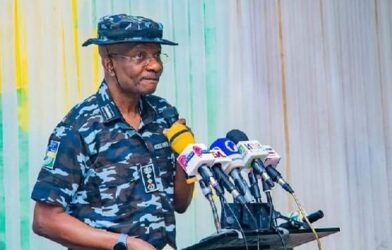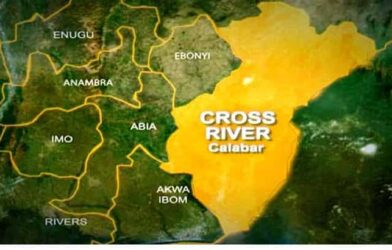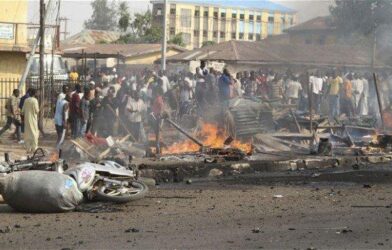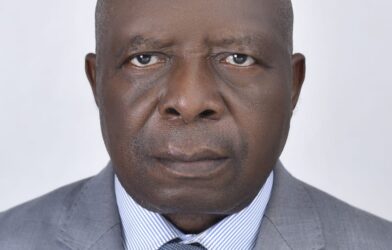According to documents exclusively obtained by the said reputable media, 58 of the houses and lands are in Lagos State; 39 in the Federal Capital Territory, Abuja; 19 in Rivers State; seven in Kwara State; six in Anambra State; four in Oyo State; three in Edo; two in Kaduna; two in Cross River, and one each in Ebonyi, Gombe, Delta, and Osun States.
Tiamiyu Adio Ismail writing a piece on June 30th 2013, correctly diagnosed the largest percentage of politicians in public offices as follows: “There is a clear indication that politics in Nigeria has been the opposite of what it is in developed countries. Nigerian politicians are still backwards in terms of their values such as unfulfilled promises, political corruption, greed, violence, tribalism and intimidation. Corruption is said to manifest through fraud, embezzlement and misappropriation of public funds, inflation of contracts, sexual harassment, bribery and so on.”
These moral issues are made worse by the fact that these same politicians who got to public office through corruption, are the appointing authority of the heads of police who enforce the law, the EFCC and ICPC that ought to combat corruption and economic crimes. So these heads of key law enforcement institutions, usually do the budding of those politicians who appointed them in the first place.
Little wonder then that Nigeria’s landscapes are dotted with failed projects awarded and paid for running into trillions of Naira. This is because, politicians in government offices collude with crooked contractors to carry out shoddy jobs.
Radio Nigeria has in December 7th 2023 reported about a job of rehabilitation of road in Anambra that purportedly cost the government N404 million but the road has failed after just one year. That Federal road is the Amawbia-Nibo-Nise-Umuawulu Road in Anambra State awarded to a company with no clear records in the corporate affairs commission.
The only time that politicians will begin to become responsible and use resources belonging to Nigerians properly and by so doing eradicate the pervasive poverty amongst Nigerians, is when such institutions like the police, INEC, the courts, are properly governed to do their legal duties to enforce relevant laws against political corruption.
Only then, can we begin to see that politicians are willing to eradicate poverty.
For now, these politicians will just play around the gallery with their dubious programmes promising poverty alleviation and not poverty eradication.
If politicians in Nigeria eradicate poverty, there will be no gullible voters to buy, there will be no corrupt police operatives or election organisers, or judges to bribe, so they continue to remain in office.
Achieving this lofty dream may demand a revolution.
But until poverty is eradicated, Nigeria and so much of Africa, will remain in political tumoils, insecurity and instability will continue to pose existential threats to Africans.
Emmanuel Writes From Abuja.












Comments are closed